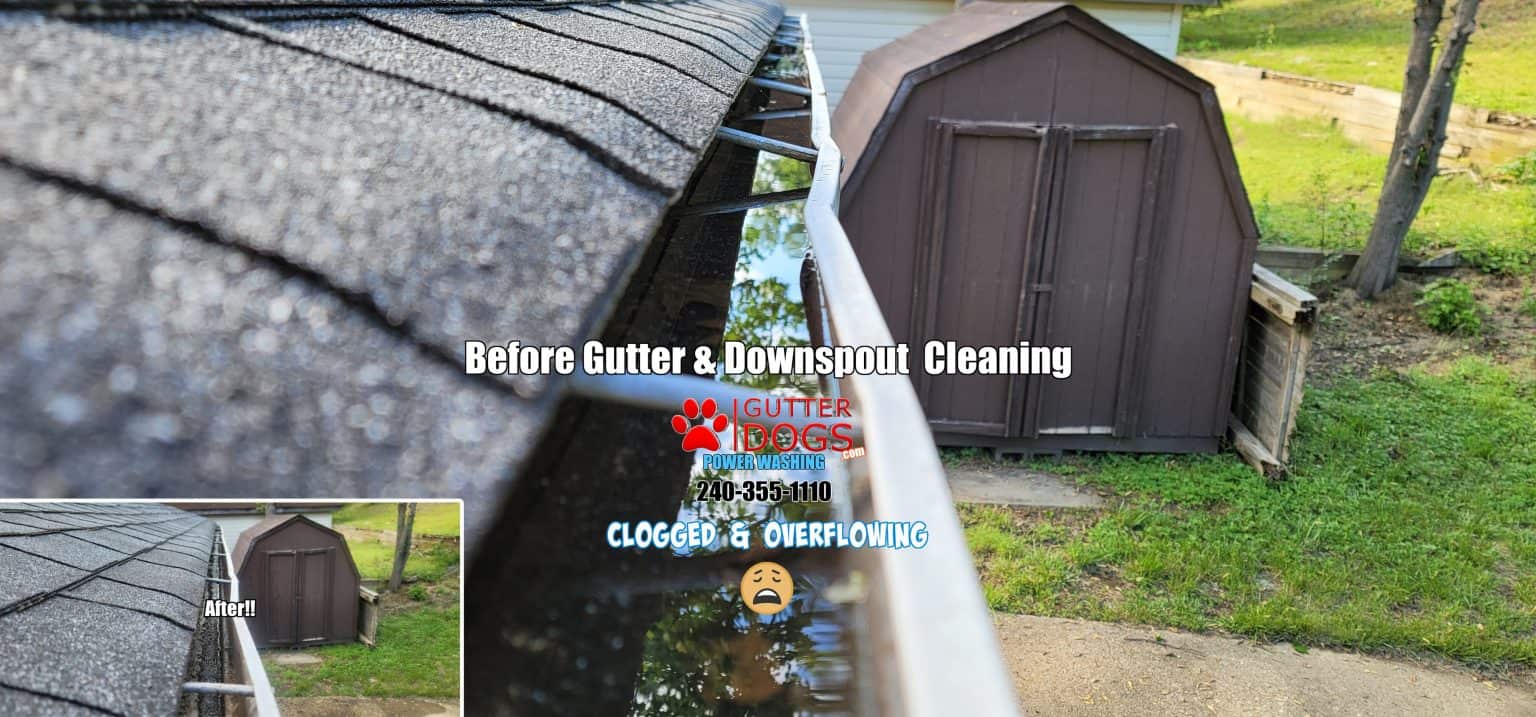Introduction to the Vape Wholesale Industry
Welcome to the fast-paced world of the vape wholesale industry, where innovation meets style and technology. From sleek devices to tantalizing flavors, vaping has captured the attention of millions around the globe. But as this booming industry continues to grow in popularity, it also faces its fair share of regulatory challenges. Get the best vape devices from the best vape wholesale.
In this blog post, we will explore the intricacies of navigating these obstacles in the vape wholesale industry. Whether you’re a supplier or retailer, understanding and complying with regulations is essential for long-term success. So grab your favorite vape device and join us as we dive into this exciting journey!
The Growing Popularity of Vaping
Vaping has taken the world by storm in recent years, with an ever-growing number of people embracing this alternative to traditional smoking. What once started as a niche trend has now become a mainstream phenomenon, capturing the interest and fascination of individuals from all walks of life.
One reason for the growing popularity of vaping is its perceived health benefits compared to smoking. Many smokers turn to vaping as a way to reduce their intake of harmful chemicals found in traditional cigarettes. Vape devices heat e-liquids that contain nicotine and other flavorings without combustion, creating an inhalable vapor instead of smoke. This eliminates many of the toxins associated with combustion while still satisfying nicotine cravings.
Another factor contributing to the rise in vaping’s popularity is its versatility and customization options. Vapers can choose from a wide range of flavors and nicotine strengths, allowing them to personalize their experience according to their preferences. With countless e-liquid flavors available on the market, vapers have endless choices when it comes to taste. Click here and get the best Vape Distributors.
The social aspect also plays a significant role in driving the popularity of vaping. Vape shops have emerged as community hubs where enthusiasts gather not only to purchase products but also exchange knowledge, tips, and tricks about vaping. The sense of camaraderie among vapers fosters a welcoming environment that further fuels interest in this recreational activity.
Furthermore, technological advancements have made vape devices more user-friendly and aesthetically appealing than ever before. Sleek designs coupled with innovative features attract both novice vapers seeking simplicity and experienced users looking for cutting-edge technology.
As awareness about the potential risks associated with traditional smoking continues to grow, more individuals are turning towards vaping as an alternative or cessation tool altogether. While research on long-term effects is ongoing, it’s clear that vaping has gained immense popularity due to various reasons ranging from potential health benefits compared to smoking, customizable experiences, social aspects within vape communities,and advances in vape device technology
Regulatory Challenges Faced by Vape Wholesale Companies
Regulatory Challenges Faced by Vape Wholesale Companies
Vape wholesale companies operate in a rapidly changing and highly regulated industry. As the popularity of vaping continues to grow, so do the regulatory challenges faced by these businesses. Visit here and get Vape Supplier.
One of the main obstacles that vape wholesalers encounter is navigating FDA regulations and ensuring compliance with their guidelines. The FDA has implemented strict regulations on vape products, including labeling requirements and restrictions on marketing to minors. Staying up-to-date with these regulations is crucial for vape wholesalers to avoid potential penalties or even being shut down.
In addition to federal regulations, vape wholesalers must also be aware of state and local laws governing the sale and distribution of vape products. These laws can vary widely from one jurisdiction to another, making it essential for companies to thoroughly research and understand the specific requirements in each area where they operate.
Another challenge faced by vape wholesale companies is maintaining quality control amidst a vast array of product options. With numerous manufacturers producing different flavors and nicotine strengths, ensuring consistent quality across their inventory becomes paramount. Implementing rigorous quality control measures can help prevent issues such as contaminated or substandard products from reaching consumers.
Staying ahead of emerging trends in packaging design poses its own set of challenges for vape wholesale companies. Given that many jurisdictions have imposed restrictions on certain types of packaging deemed attractive to minors, businesses must strike a balance between appealing branding and adhering to regulatory standards.
In conclusion…
(Variation: In summary…)
Navigating the complex web of regulations can be daunting for any business operating in the vape wholesale industry. However, it is vital for these companies to stay compliant with both federal guidelines set by organizations like the FDA as well as state-specific laws concerning vaping products. By staying informed about evolving regulatory frameworks, implementing robust quality control procedures,and adapting packaging designs accordingly,vape wholesalers can mitigate risks while continuing to thrive within this dynamic market space
Understanding FDA Regulations and Compliance
Understanding FDA Regulations and Compliance
The Food and Drug Administration (FDA) plays a crucial role in regulating the vape wholesale industry. It is important for companies to have a clear understanding of the regulations and ensure compliance to avoid penalties or even being shut down.
One key regulation enforced by the FDA is the premarket tobacco application (PMTA) process. This requires manufacturers of new tobacco products, including vape devices and e-liquids, to submit an application for review before they can be marketed in the United States. The PMTA process involves extensive documentation of product ingredients, manufacturing processes, health risks, and more.
Another area that requires compliance is labeling requirements. Vape products must include accurate and specific information on their packaging, such as nicotine content, ingredient list, warnings about potential health risks, and age restrictions.
Additionally, marketing practices are also under scrutiny by the FDA. Claims about vaping being a safer alternative to traditional cigarettes or promoting vaping as a smoking cessation tool are strictly regulated. Companies need to ensure their marketing materials adhere to guidelines set forth by the FDA.
Compliance with these regulations can be challenging due to frequent updates or changes in requirements. Staying informed about any regulatory developments is essential for vape wholesale companies operating within this industry.
In conclusion: Understanding FDA regulations and ensuring compliance is vital for vape wholesale companies navigating through regulatory challenges. By staying up-to-date with changes in regulations regarding PMTA applications, labeling requirements, marketing practices, among other areas; businesses can mitigate risk while maintaining their operations within legal boundaries
State and Local Regulations for Vape Products
State and local regulations play a crucial role in shaping the vape wholesale industry. As vaping continues to gain popularity, governments are taking steps to ensure the safety of consumers and regulate the sale of vape products.
Each state has its own set of laws when it comes to vaping. Some states have implemented strict age restrictions, requiring individuals to be at least 21 years old to purchase or use vape products. Others have placed limits on where these products can be sold, such as banning sales in certain public places or near schools.
In addition to age restrictions, many states also require retailers to obtain specific licenses or permits for selling vape products. These licenses often involve fees and inspections by health departments or other regulatory agencies.
Local regulations can vary even more widely than state regulations. Cities and counties may impose additional restrictions on top of existing state laws. This means that businesses operating in different areas may need to navigate a complex web of regulations and requirements.
Staying up-to-date with these ever-evolving regulations is vital for vape wholesale companies. Failure to comply with state and local laws can result in hefty fines, penalties, or even loss of business licenses.
Navigating this regulatory landscape requires constant vigilance and attention from wholesalers. It’s important for companies to stay informed about changes in legislation at both state and local levels, as well as seek legal counsel if needed.
By understanding state and local regulations for vape products, wholesalers can ensure they are operating within the confines of the law while meeting consumer demand for these popular nicotine alternatives.
Conclusion: Importance of Staying Compliant in a Changing Landscape
Importance of Staying Compliant in a Changing Landscape
As the vape wholesale industry continues to evolve and face regulatory challenges, it is crucial for companies to prioritize compliance. Navigating through the complex web of regulations set by the FDA and various state and local authorities can be daunting, but failing to do so can have serious consequences.
Staying compliant not only ensures that your business operates legally but also safeguards the health and safety of consumers. By adhering to FDA regulations, you are demonstrating your commitment to product quality control and responsible marketing practices. This not only builds trust with your customers but also helps protect the reputation of your brand.
Moreover, staying compliant allows you to stay ahead of potential legal issues that could arise from non-compliance. The vape industry is constantly evolving, with new laws being enacted frequently. By actively staying informed about these changes and adjusting your business practices accordingly, you can avoid costly fines or penalties.
Additionally, staying compliant opens up opportunities for growth and expansion. Many retailers now require proof of compliance before stocking vape products on their shelves. By maintaining proper documentation and ensuring that all necessary certifications are obtained, you position yourself as a reliable supplier in an increasingly regulated market.
To navigate regulatory challenges effectively:
1. Stay updated: Regularly check for updates from FDA as well as state and local authorities regarding regulations specific to vaping products.
2. Obtain proper certifications: Understand what certifications are required in order to remain compliant within your jurisdiction.
3. Implement quality control measures: Ensure that all products meet strict standards for ingredients, manufacturing processes, labeling requirements, etc.
4. Educate employees: Train staff members on compliance protocols such as age verification procedures when selling vape products.
5.
Communicate transparently with customers: Clearly convey information about ingredients used in e-liquids or any potential risks associated with vaping.
6.
Maintain thorough records: Keep detailed records related to sales transactions including customer age verification forms if applicable.
By following these steps and remaining vigilant, vape wholesale companies can successfully navigate




